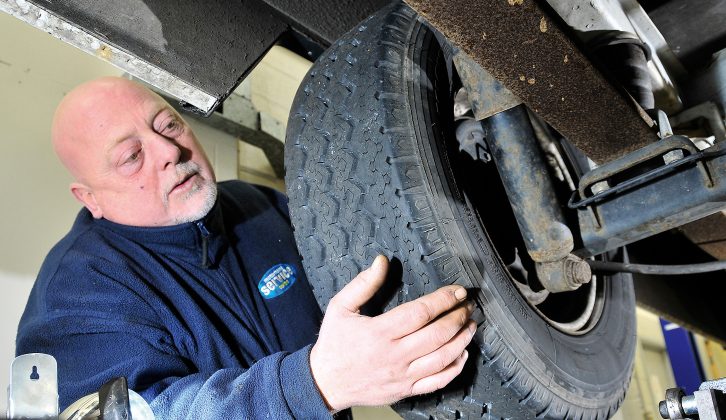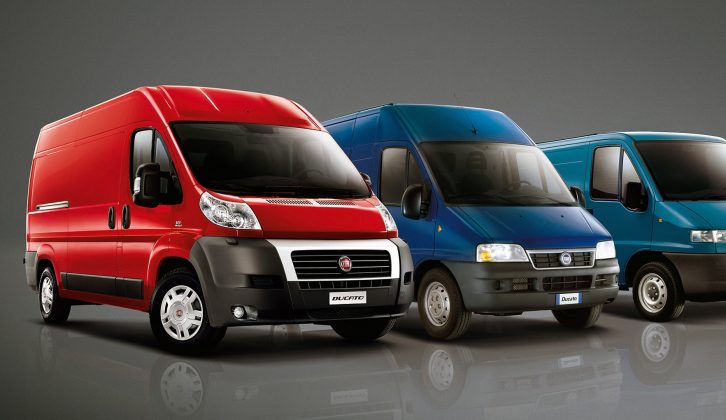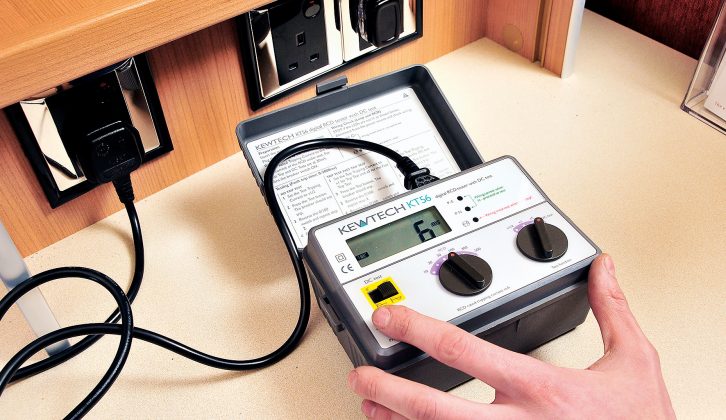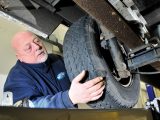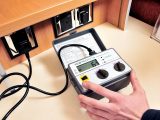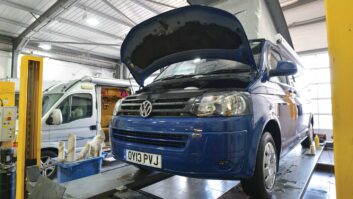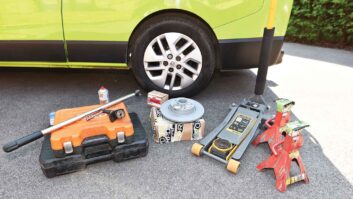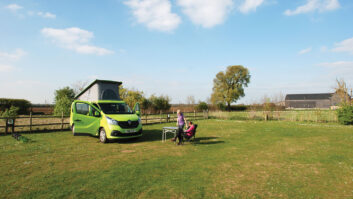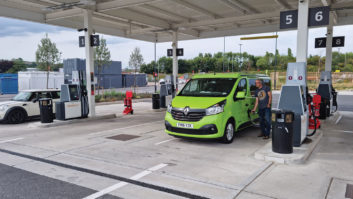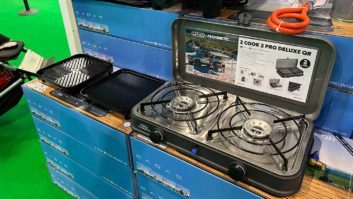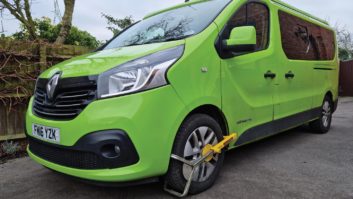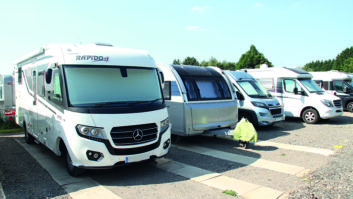‘Dirty’ diesel engines are often in the news, especially since London started charging older vans registered before 2002 to enter its low emission zone. There is talk of banning all derv-powered vehicles, not just old vans and motorhomes, from city centres to curb air pollution. The mayor of Paris has pledged to to ban diesel cars by 2020 and London might follow suit.
This is all very well, but what realistic alternatives are there? Hundreds of thousands of light commercial vehicles – just like the majority of base vehicles that our motorhomes are built on – use Britain’s highways daily. Many of those have to venture into cities to deliver the goods that members of the public want to buy; and almost all of them run on diesel.
Pollution is always bad, but we can’t stop using it just like that; and taxing or banning the motorist is not the answer.
In recent years, diesel engines have become much more efficient in terms of the amount of power being produced against the quantity of fuel being burned. Exhaust emissions have become cleaner as a result, but they do still produce some soot, particles of which are harmful to our breathing. That’s why the DPF (Diesel Particulate Filter) was invented.
Stop your diesel from silting up
In general these are pretty reliable items when used in the manner for which they were intended, which was on fast motorway runs. Problems crop up when a vehicle with a DPF only makes short, low-speed journeys; then, the filter doesn’t get hot enough to burn off the excess soot particles, and ends up becoming clogged. So do make sure that you give your diesel a regular blast at sustained medium- to-high speed to keep the DPF working efficiently – replacing it will prove to be costly.
Overall, modern vehicles are far more reliable than the cars and vans that we drove 20 or more years ago. The downside is that when they do go wrong, it’s rarely a DIY vehicle mechanic‘s job to fix them, and garage time isn’t cheap. I often hear people moaning about cars’ electronic and computer-powered gubbins, but these complicated systems are the primary reason why we now get such great performance from ever-smaller engines.
As an example, in the late 1990s a Fiat/Iveco 2.8 idTD engine gave around 100bhp. The latest-generation 2.3-litre Fiat turbodiesels deliver 150bhp – that’s 50% more power from engines that are 500cc smaller, and at the same time offer improved fuel consumption and much greater refinement.
Save money at the garage
In our workshop, we’re currently in the middle of motorhome servicing season. Things go crazy from March to July each year, because it’s the time when many owners take delivery of new motorhomes. It’s therefore when their servicing is due, along with MoT tests for those vehicles that are more than three years old.
To help motorhome workshop mechanics do their job quickly and efficiently, you should try to do all of the basic, regular checks yourself: tyre pressures, oil level, tread depth and general condition should be looked at on a weekly basis, or at the very least before any long journey.
Check that all of your road lights function correctly – rear-lamp fittings often suffer from water getting in and causing corrosion, so these require inspection often.
Windscreen washers will need to be topped up and working: if any jets don’t give a clean shot, then a pin or staple will often clear the offending blockage. Also, check that your windscreen wipers work effectively, have no splits in the rubbers and do manage to clear the windscreen without smearing.
Prepare the ‘van for its service
If you’re also having a habitation inspection done, think about what the technician needs access to: trying to find a water pump, space heater or leisure battery beneath a mountain of camping clutter isn’t fun, so empty everything out of the ’van that doesn’t need to be there.
Ensure that there is water in the system and that you’ve bled the taps: it saves the workshop having to do it, and prevents damage to the water heater if it is fired up with an empty system.
If there are specific jobs that need attention, tell the workshop about them when booking – it’s no good just turning up on the day with a list of extra tasks and expecting them to be accommodated.
A good habitation inspection will include a full electrics check; this should also mean an inspection of your hook-up lead, so ensure it’s in the ’van.
Check that there is gas in at least one cylinder, because otherwise the gas equipment can’t be tested.
When booking, ask if the fridge is serviced as part of the inspection – if not, then you’ll need to ask for it to be done. The gas part of a three-way fridge needs annual servicing, or more frequent checks if it’s used extensively.
If you present your motorhome in a state where everything is accessible, there’s no excuse for surprise extra charges on the bill when you arrive to collect the ‘van.
Try to do all of the basic, regular checks yourself
